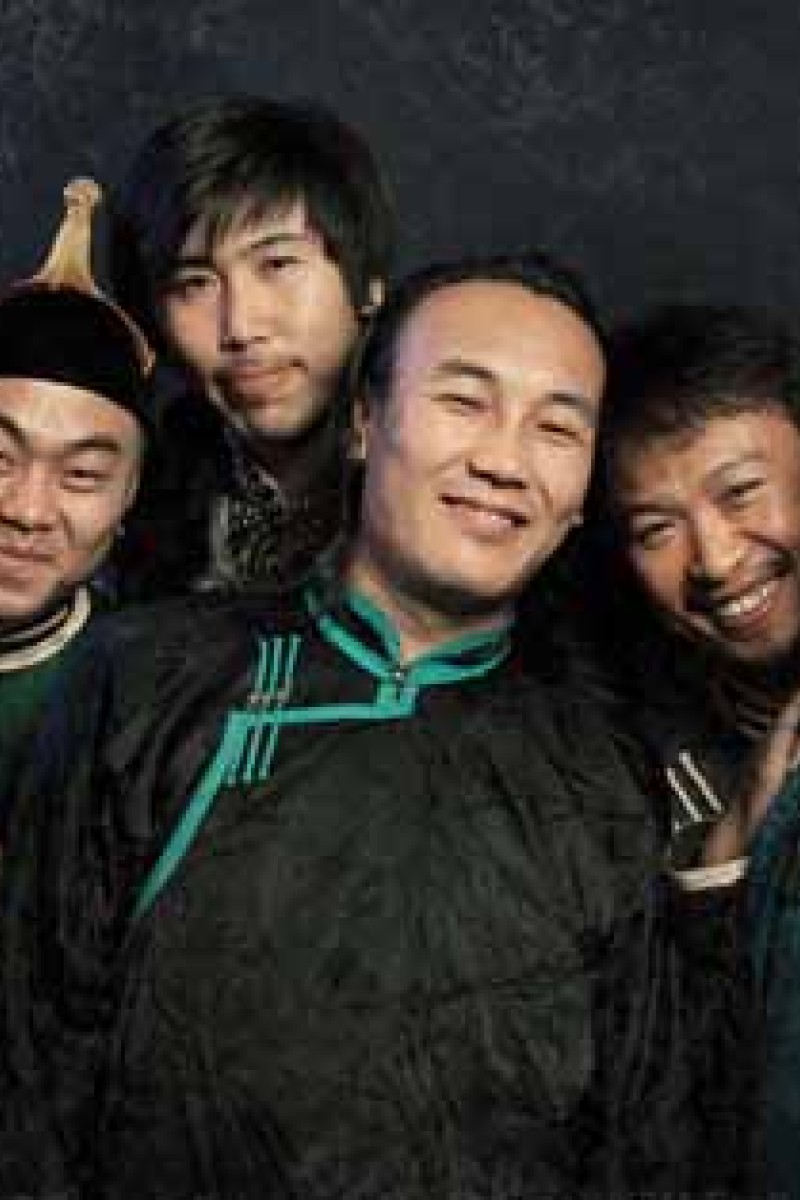
If you were at Clockenflap last weekend, you hopefully found something new to indulge in.
One SYP favourite was the cute electro spun by Argentinian musician Juana Molina. Although she prefers not to categorise music, Molina - who sings in her native Rioplatense Spanish - admits her diverse influences include Brit pop, Brazilian music and Portuguese sounds, and that her style is a mix of folk and electronic music.
"I started to combine both with intuition. I didn't really know what I was doing," she says.
"My first record wasn't as complex as the ones I made later. I guess I was discovering little by little how to programme sounds. And from programming sounds and keyboards, I started to have all this ambient feeling," says the singer, who played at the three-day festival.
One of her mottoes is never to make music that has been done before. She says if the music is already out there, that means there isn't much room for improvement, as it's already been done well enough to strike a chord with people.
For her sixth album, Wed 21, which she has just released, she carried that belief further.
"On this album, I really wanted to avoid everything I've already tried ... I've left behind everything I've done before, and experimented with different sounds. I picked up an electric guitar. I have never played that before, and it was a big change for me," says Molina. She stresses that the hardest challenge was to play electric guitar in a way that sounded different to that of other artists.
Another band that unexpectedly got Clockenflap crowds going with their unique style was Beijing-based Hanggai. The band's uptempo, high-intensity rock managed to get rigid Hongkongers to groove, an achievement that not many bands can boast.
"Our sound is a fusion between traditional Mongolian music and modern rock. It's because we were influenced by Mongolian culture when we were little, and started playing rock music when we were 18 years old, so we decided to combine the two things," says band member Yiliqi.
Sometimes they give traditional Mongolian folk songs a rock reworking. Other times they write their own songs and spice them up with Mongolian lyrics.
The band also brings traditional Mongolian instruments - such as the morin khuur, sihu, sanxian and tovshuur - into their music.
"We are going to release a new album, called Back to You, in Europe soon, and early next year in China," Yiliqi says. "Half of the songs will reflect on the changes made to Mongolian music in the 70s and 80s.
"Other songs, including the punk rock ones, will be more intense, while the folk songs will have a stronger cultural touch," he said.
YP Rating: 3/5
